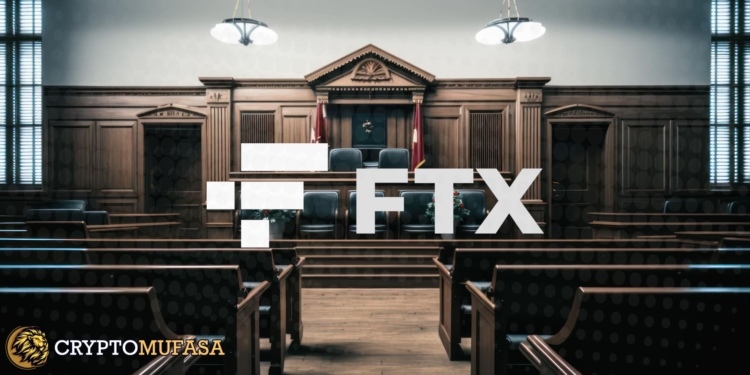In a new plea for leniency, former FTX co-founder Gary Wang hopes his critical assistance in the FTX investigation will help him avoid a lengthy prison term. Gary Wang’s lawyers argue his cooperation was pivotal in uncovering the internal failings at the once-renowned exchange and distinguishing him from other top executives now facing prison time.
Wang’s Role and Swift Cooperation
Wang, a software engineer and one of the original architects of FTX, is the first to admit to the misconduct that contributed to the downfall of the platform. Court filings reveal that he voluntarily stepped forward in December 2022, just weeks after FTX’s abrupt collapse. His attorney, Ilan Graff, noted that Wang provided valuable insights and transparency into FTX’s internal operations.
According to Graff, Wang’s quick admission and cooperation expedited the prosecution’s efforts significantly, helping law enforcement unravel the intricate network of transactions between FTX and its affiliated trading desk, Alameda Research. In his testimony, Wang detailed how certain FTX insiders were given unauthorized access to customer funds to cover Alameda’s high-risk trades, placing billions of dollars at risk. This has been a critical factor in Gary Wang FTX leniency pleas.
A Background Unmarked by Wealth and Fame
Unlike some of his counterparts, Wang reportedly gained far less financial benefit from FTX and maintained a simple, low-profile lifestyle. He was neither a public face of the company nor one to seek celebrity status, choosing to keep his role strictly technical and operational.
“Gary’s lack of desire for wealth or public recognition starkly contrasts with others involved,” Graff argued, adding that his actions reflect an individual primarily committed to assisting with the investigation. This background supports the plea for Gary Wang FTX leniency.
Comparing Outcomes for FTX Executives
With his sentencing date set for November 20, Wang’s request for a non-custodial sentence underscores the contrasting outcomes for FTX’s executive team. Sam Bankman-Fried, the platform’s high-profile CEO, is now serving a 25-year sentence following his conviction for large-scale fraud and mismanagement. Bankman-Fried’s conviction is one of several cases holding FTX leadership accountable for the exchange’s financial misdeeds.
Former Alameda Research CEO Caroline Ellison, also deeply entangled in FTX’s fraudulent activities, received a two-year sentence after cooperating with prosecutors. Her cooperation reportedly reduced her sentence. Meanwhile, Nishad Singh, FTX’s former chief engineer, avoided prison altogether for his extensive cooperation and role in fund recovery efforts.
FTX’s Impact and Recovery Efforts
FTX’s unexpected bankruptcy left an estimated $16 billion in losses for customers and investors. Wang’s assistance has been essential to the ongoing efforts to identify and recover these assets, as well as to establish accountability within the exchange’s network. Federal prosecutors now view Wang’s cooperation as a factor that could contribute to additional fund recoveries, which is another point in favor of Gary Wang FTX leniency.
As FTX’s downfall unfolds, federal agencies are keenly aware of the broad implications for regulatory scrutiny across the crypto industry. Wang’s case, along with the various sentences for former FTX leaders, underscores the balance courts aim to strike between punishment and rewarding transparency and cooperation.












Discussion about this post